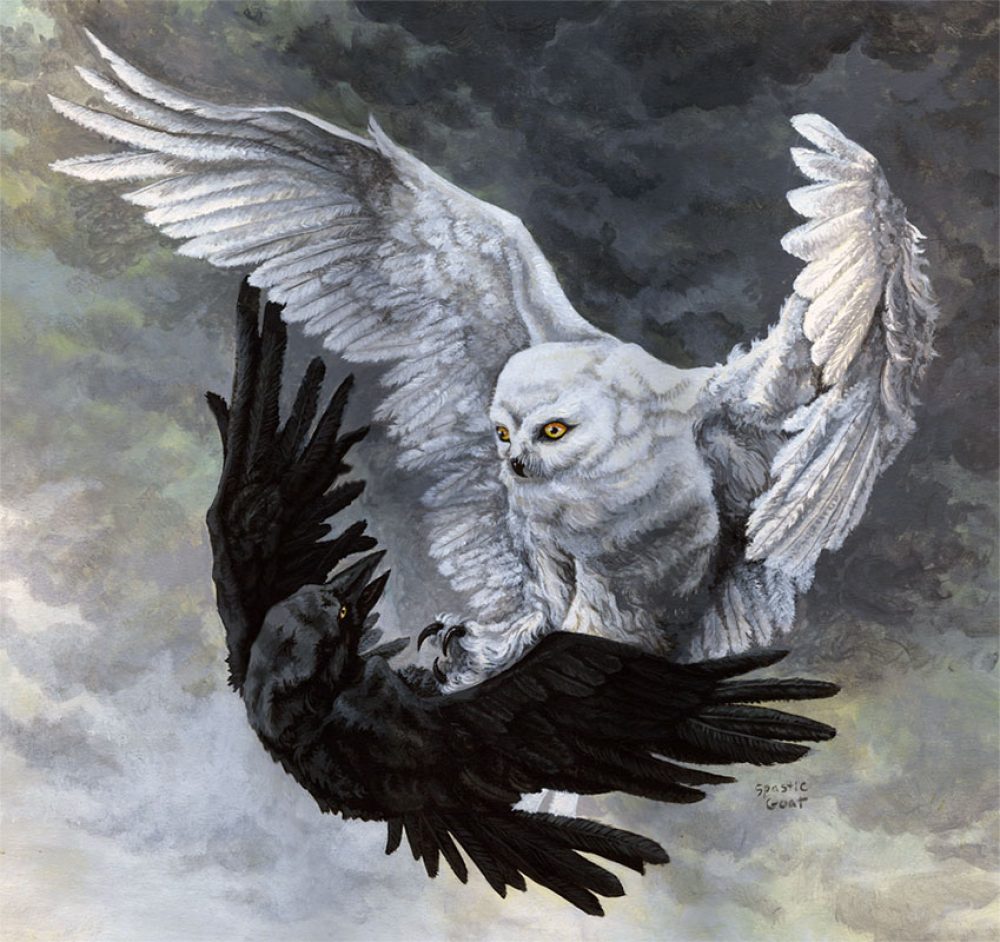Read the previous part here…
” And so oh mighty MeghaVarna, my advice to you is this. Rule well, rule justly, and do not get carried away in the lust for power. We are all nothing in front of Kālā…all your victories and all your defeats, all that you gained and all that you lost, everything is a speck of dust in the cycle of time. Victories are meant to teach us, just like defeat is meant to give us a lesson. Reveling in victory, and languishing in defeat, both do not serve you well. Give your best to everything that you do, and do not take anything for granted.”

The underlying theme of the third tantra is advice.
Those who give advice, and those who receive it. The circumstances, the choice of heeding (or not heeding) to advice, and the related consequences.
Both MeghaVarna and AriMardana had a council of experienced ministers. Both consulted their ministers, and listened to each one of them. Both acted on the recommendations of one of their ministers.
The difference lay in which of their ministers they chose to listen to.
Five different methods are considered on both sides. One minister from MeghaVarna is proved right, and one from AriMardana is also proved right.
MeghaVarna took the suggestion of Sthirajeevin, who proved right. AriMardana ignored the wise counsel of Raktāksha, and as a consequence, perished along with his whole tribe.
You may have observed that both Sthirajeevin and Raktāksha gave advice contrary to all the other ministers in their respective cabinets. In MeghaVarna’s case, he chose the contrarian advice, the one who was in the minority. In case of the king of the owls, he chose to go with the opinion of the majority.
An opinion, even if in the minority, may not always be wrong. An opinion, even though in the majority, may not always be right.
A few of my favorite padas from the third tantra
कालो हि सकृद् अभ्येति यन् नरं काल-काङ्क्षिणम् ।
दुर्लभः स पुनस् तेन काल-कर्माचिकीर्षता ॥ १३१ ॥
If one waits for the right time, it surely comes. But when it comes, if one does not make use of the opportunity and act on it, then the right time never makes an appearance again.
खनन्न् आखु-बिलं सिंहः पाषाण-शकलाकुलम् ।
प्राप्नोति नख-भङ्गं हि फलं वा मूषको भवेत् ॥ १६ ॥
A lion who digs a rat’s hole in rocky terrain will only break his nails. And the only possible reward he would get for all his efforts, is just a small rat.
नक्रः स्व-स्थानम् आसाद्य गजेन्द्रम् अपि कर्षति ।
स एव प्रच्युतः स्थानाच् छुनापि परिभूयते ॥ ४५ ॥
A crocodile that stays in its house (water), can win over the biggest of elephants. The same crocodile, when away from his house (on land), is humiliated by a dog.
गावो गन्धेन पश्यन्ति वेदैः पश्यन्ति वै द्विजाः ।
चारै पश्यन्ति राजानश् चक्षुर्भ्याम् इतरे जनाः ॥ ६६ ॥
Animals ‘see’ though their sense of smell, the wise ‘see’ through their knowledge of the scriptures. Kings ‘see’ through their spies, and ordinary people see through just their own eyes.
रोहते सायकैर् विद्धं छिन्नं रोहति चासिना ।
वचो दुरुक्तं बीभत्सं न प्ररोहति वाक्-क्षतम् ॥ १११ ॥
Wounds caused by arrows can heal. Cuts made by sharp swords can heal. But wounds caused by harsh words never ever heal.
बलोपपन्नो ऽपि हि बुद्धिमान् नरः परे नयेन् न स्वयम् एव वैरिताम् ।
भिषङ् ममास्तीति विचिन्त्य भक्षयेद् अकारणात् को हि विचक्षणो विषम् ॥ ११३ ॥
Even if he is strong, an intelligent person should not make enmity with anyone. Which wise man would consume poison, trusting that the doctor is nearby and will save him?
अनारम्भो हि कार्याणां प्रथमं बुद्धि-लक्षणम् ।
आरब्धस्यान्त-गमनं द्वितीयं बुद्धि-लक्षणम् ॥ १२७ ॥
The first sign of intelligence is to not begin any task. The second sign of intelligence is to always finish a task that has been started.
See you tomorrow!
